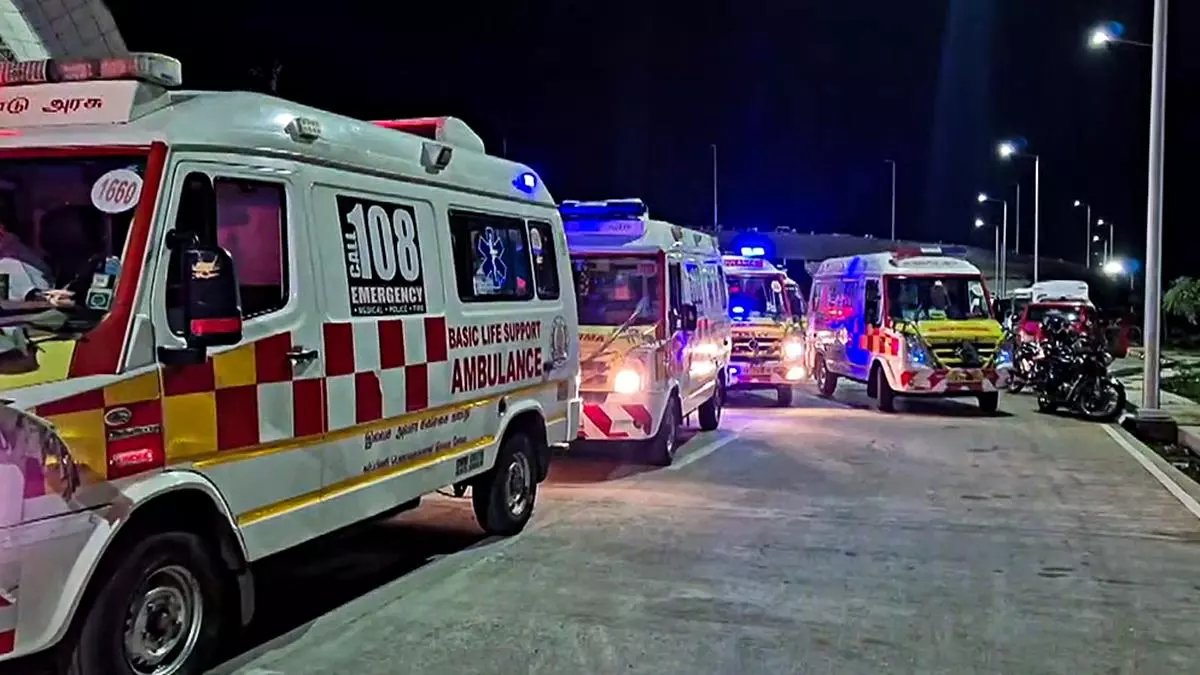ZET workshop calls for collaborative action in India’s freight de-carbonization

A workshop on Zero Emission Trucks (ZET) has initiated discussions on setting up regional networks and governance frameworks to leverage the region-specific freight electrification opportunities and support the effective deployment of ZET projects across India.
Organised by Smart Freight Centre (SFC) – a global non-profit focused on climate action in the freight sector, the workshop emphasised the need for a cleaner freight paradigm to address the socio-economic and environmental challenges in the landscape.
- Also read: RBI punishes rupee speculators in surprise move
Aiming to drive the transition to sustainable freight practices, the meeting highlighted the urgent need to raise awareness about the business, operational, cost economics and sustainability benefits of ZETs.
SFC supported by EV Accelerator Cell of Kerala State Electricity Board Limited (KSEBL), hosted the workshop in Thiruvananthapuram as part of its nationwide programme aimed at driving the adoption of ZETs in India’s medium and heavy-duty truck (MHDT) sector.
- Also read: Honeywell, AM Green to explore SAF production in India
Biju Prabhakar, Chairman & Managing Director, KSEBL said that Kerala, second only to Maharashtra in EV adoption, is expanding its charging infrastructure. KSEB is also rolling out a state-wide unified app-free ecosystem for charging. By leveraging innovative solutions, KSEB has embraced technology and remains dedicated to integrating it into our trucking systems to minimize carbon emissions within the logistics sector.
- Also read: IAF Chief Singh admonishes HAL for delay in Tejas acquisition
It is pointed out that India’s booming economy, with a GDP nearing $4.11 trillion, offers significant opportunities for decarbonizing the freight sector. Road transport, responsible for 70 per cent of domestic freight, contributes 213 million tonnes of CO2 annually, with heavy goods vehicles accounting for 83 per cent of these emissions.
The PM E-Drive scheme, through ZETs, presents a transformative pathway to reduce diesel dependence. Projections for 2050 highlight ZET adoption’s potential to eliminate 838 billion litres of diesel use save ₹116 lakh crore in oil expenditures, and cut greenhouse gas emissions by 46 per cent. The discussions also highlighted that zero emission trucks can reduce CO2 emissions by 46 per cent by 2050. This underscores the need for collaborative efforts across industry and policy frameworks to unlock these substantial benefits.
- Also read: TT Group, AFCOM Cargo to introduce Chennai-Colombo-Male-Chennai route
Rakesh Kumar Meena, Director, DPIIT (Logistics), Ministry of Commerce and Industry said they have developed a Freight Greenhouse Gas (GHG) calculator, an online tool that helps users estimate the environmental impact of freight transportation. States in India are taking multiple steps to promote low-emission vehicles. The adoption of ZETs is a vital step towards cleaner transportation and aligns with India’s sustainability vision under the PM E-Drive initiative.



